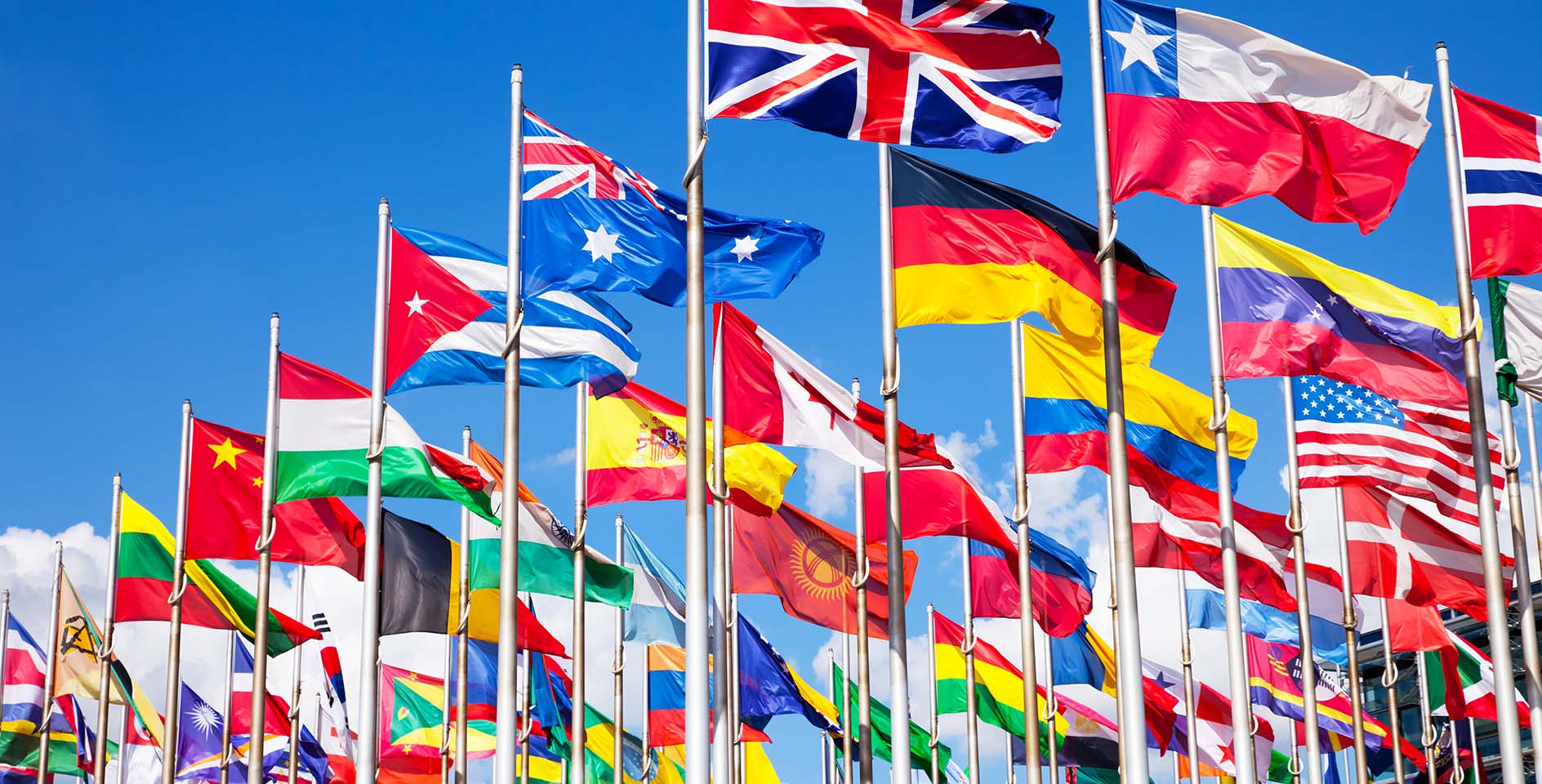On Friday, October 6, 2017, the Trump Administration released a new rule that provides robust religious liberty exemptions to the United States Department of Health and Human Services’ (HHS) contraceptive mandate.
The contraceptive mandate was established in 2010 by the Obama Administration. It requires employers to provide coverage for contraceptives, including contraceptives with abortifacient properties. This mandate had only a narrow exception for houses of worship, but not for religious nonprofits or institutions. This meant that those with deeply held religious objections to abortion were forced by the government to violate those beliefs and pay for products that cause abortions.
In response, the Little Sisters of the Poor, a ministry of Roman Catholic women that serve the elderly poor, along with Guidestone Financial Resources and many other Baptist institutions filed suit against HHS to challenge the contraceptive mandate. The ERLC has been involved in this challenge from the beginning. These organizations were not asking that the contraceptive mandate itself be overturned but rather that an exemption be created for those organizations with deeply held religious objections to the mandate. This challenge made it to the Supreme Court in 2016 as the case Zubik v. Burwell. The Supreme Court held in favor of the Little Sisters of the Poor and ordered HHS to create a religious exemption to the contraceptive mandate.
A true religious and moral exemption to the unconstitutional mandate is long overdue. The Obama Administration failed to respond to the Supreme Court's order, leaving resolution of the case to the Trump Administration. The rules released today are the long-awaited administrative relief groups like the Little Sisters have been seeking since 2010.
As ERLC President, Russell Moore said in response the the rule’s release, “this religious exemption is a crucial achievement in the preservation of religious liberty. The government has no business whatsoever forcing citizens to subsidize the destruction of human life and the exploitation of families and communities.”
The federal government is required by the U.S. Constitution to safeguard religious freedom for all. Trampling the consciences of people of faith—many of whom serve the most vulnerable with love and compassion—hurts society and violates fundamental American principles. Federal regulations should reflect this constitutional constraint on government because as Dr. Moore said, “a government that can pave over the consciences of some can steamroll over dissent everywhere.”









